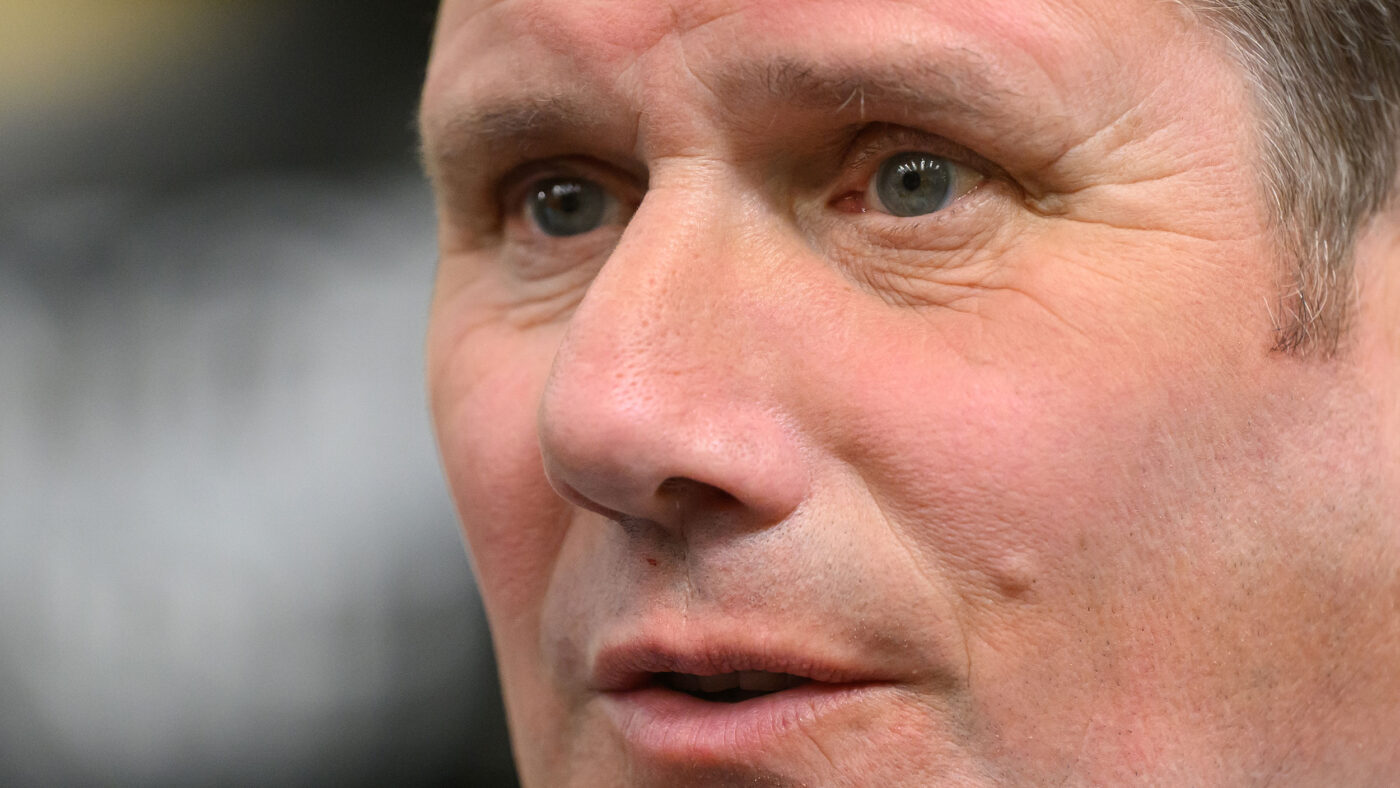‘What we need is a revolution. We can’t go on like this with rent rises, and prices rising. Everyone is struggling – you, me, everyone. Everyone except those people in Westminster with their expenses accounts. God, I’d love an expenses account. I’d get a duck pond.’
This sounds like a quote from a focus group, but it’s not. It’s a quote from a chat I had on Sunday with a working class lady who works behind the till in my local WH Smith in a (normally) Conservative-voting, normally content market town in Hertfordshire.
It’s not from a focus group. But it could be.
In fact, it could have come from a focus group I ran in another market town last week in Surrey, with a group of middle class voters who cast their ballot for Boris Johnson in 2019. They too were furious. Livid, in fact, about the ‘lying cheats who are running the country’.
People are very cross indeed with the Government right now. Cross about the cost of living crisis (inflation is destroying morale), cross about interest rates rocketing, and cross all over again about Partygate. The re-litigation of this last controversy in the last few weeks has made normal voters apoplectic for a second (or maybe third or fourth) time.
This fury is not going to go anywhere. Research carried out by Public First, where I am a partner, last week showed that the impact of mortgage rises could be far in excess of the surge in energy bills. Those with typical-size mortgages in London and the home counties could see their mortgage rise by £5,000 or more per year compared to 2020-21.
The polling suggests that the terrifying economic outlook is being now reflected in voters turning away from the Government. Labour has a stratospheric lead – and the power of patronage is moving wholesale towards the Leader of the Opposition’s Office.
And yet there are some who suggest that Sir Keir Starmer is in danger of failing to win a majority at the next election. My friend Rachel Sylvester wrote an interesting piece for The Times in which she argued that while the polling looks great at first glance, voters don’t automatically make the connection between the Labour leader and the change in political leadership they so desperately want. She drew a tight comparison with Cameron’s numbers as the 2010 election drew near and as a result warned that a coalition is the most likely outcome.
My immediate reaction was to dismiss Rachel’s argument. 2023 is different, I thought to myself. 2009 did not have the same level of public fury. The 2008 banking crisis was fairly terrifying for anyone with economic skin in the country’s future, but I really don’t think the rage and disappointment you feel when you speak to working people today was present in 2009. Yes, people had decided we needed a change, but, no, they weren’t ready to demand a revolution to a stranger buying The Observer on a Sunday morning.
Sir Keir is doing OK, I thought to myself. Indeed, my Surrey focus group participants had surprised me with how they talked about the Labour leader. They called him by his Christian name (a first in my groups) and made approving if understated noises about his leadership. This was better than many of the previous times I’d asked about him.
But as yesterday wore on, I became worried that Rachel was onto something. I became worried that Sir Keir isn’t well-placed to channel the rage you feel among normal people going about their business. He presents as a truly respectable manager but he’s no tribune of the enraged lower middle classes.
Starmer is certainly reassuring in the aftermath or the Boris omnishambles, and that might be enough to just get over the line to win the keys to No 10, but he isn’t about to electrify a crowd of fuming voters and persuade them that Labour is the change that they demand. He doesn’t do cross very convincingly, even if he is. He is too instinctively reserved, like most British men of his generation.
As interest rates climb and mortgage holders get squeezed until the pips squeak, they will get angrier and angrier. As my colleague Rachel Wolf put it, this is going to put the rocketing energy bills of last year in the shade. And if we start seeing repossessions like in the early 90s, then all bets are off.
Starmer is not a natural populist – and so far that has served him well. The polls are hugely encouraging. But as this year turns into next year and normal people start seeing banks evicting their friends from family homes, being portrayed as being a bit like a bank manager might not cut the mustard.
As I have written before, Starmer has made a lot of progress in the way he talks about the lives of normal people and the way he identifies with their worries and their fears. But he now needs to dial that up and channel their fury.
With Nigel Farage lurking like a demon in the wings ready to start peeling off voters of the left and right, including my newsagent friend (she is his absolute sweet spot), Sir Keir is going to have to learn to get authentically, convincingly cross. That’s what voters need right now.
Click here to subscribe to our daily briefing – the best pieces from CapX and across the web.
CapX depends on the generosity of its readers. If you value what we do, please consider making a donation.


